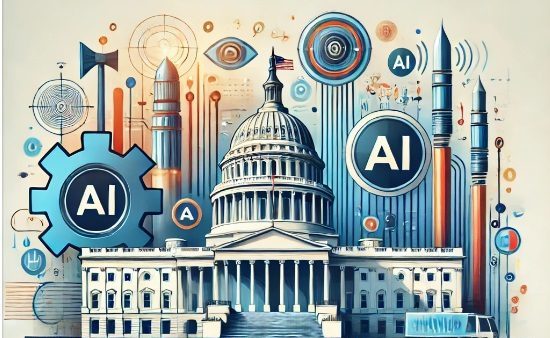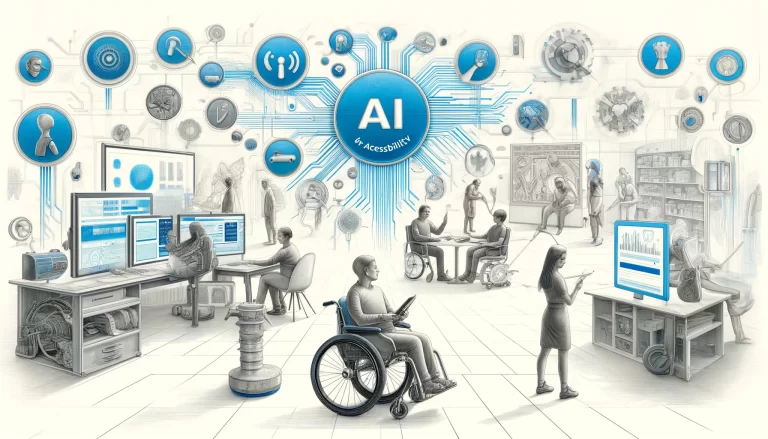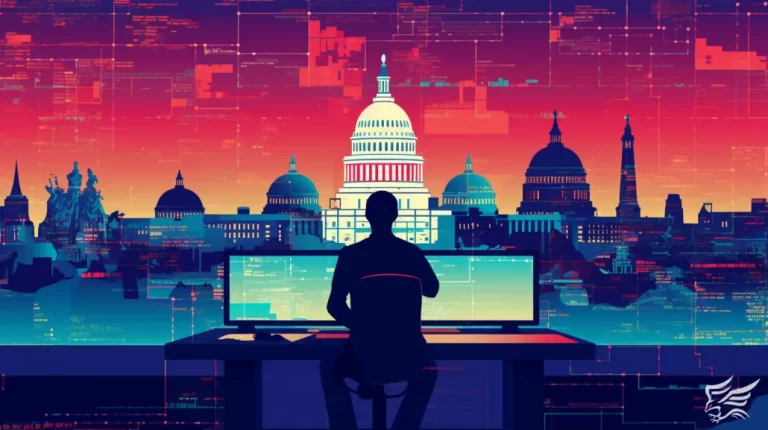Ensuring RSA 911 Compliance with Confidence: A Guide for VR Agencies
RSA 911 reporting is critical for Vocational Rehabilitation agencies, but ensuring compliance can be challenging. Errors, delays, and inconsistencies not only disrupt operations but also risk funding and corrective actions. In this blog, we explore how analytics can simplify compliance by automating data validation, proactively identifying gaps, and streamlining reporting processes. Learn how Libera’s data intelligence module empowers agencies to meet RSA requirements with ease and confidence. Read more to discover actionable strategies for your agency!








